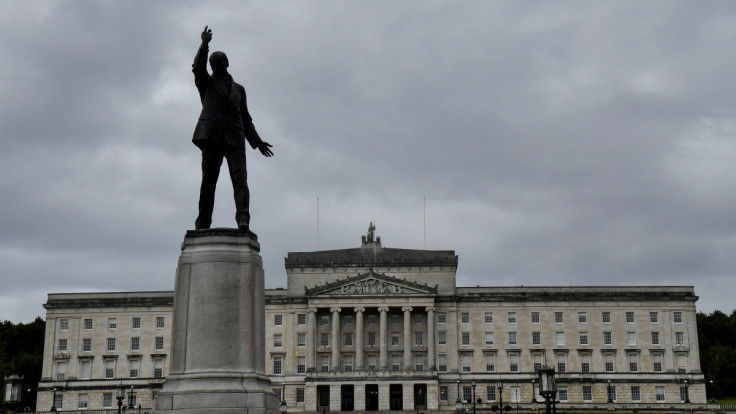Perpetrators of sexual harassment to get up to two years sentences in new legislation
The government declared sexual harassment in public places as a criminal offence, with sentences of up to two years in jail awaiting perpetrators.

Wolf-whistling and other forms of sexual harassment in the streets or on public transport are set to be banned in England as the perpetrators will face up to two years in jail under the new legislation.
The Home Secretary, Suella Braveman, confirmed that immoral acts and other types of public sexual harassment will be criminalised starting in 2023. The new legislation would also make up for the most consequential occurrences, like obscene or aggressive comments and stalking other than wolf-whistling.
As public sexual harassment is already illegal, there have been perpetual calls to make it a particular offence to bring down the violence against girls and women. It is, therefore, hoped that enforcing the laws against street harassment will stir up more people to report the issues to the police.
Braveman said, "Every woman should feel safe and walk our streets without fear of harassment and violence. And that is why we supported the bill introducing a specific offence on public sexual harassment."
The new law shapes part of a broader Home Office crackdown on violence against girls and women.
The decision to make street harassment an illegal offence follows a public consultation by the government, which offered massive support for the move. This is because most respondents said the issue had been a "widespread problem" in the UK.
In May 2022, the National Statistics Office disclosed that one in two women and one in six men walking alone in the dark in their street felt unsafe. In the last year, 50% of women aged between 16 and 34 faced harassment, with 38% having to experience wolf whistles, unwanted sexual comments, and cast calls.
Sarah Everard, 33, was killed by a police officer while walking home in South London last March. Six months later, a primary school teacher, Sabina Nessa, 28, was also killed by a Domino's driver in South London.
British Transport Police, Assistant Chief Constable Charlie Doyle, said no woman should face any form of harassment when they travelled, adding that they would always welcome any extra assistance in bringing perpetrators to justice.
He stated he hoped that the proposed legislation would reinforce their "clear message to perpetrators that it simply won't be tolerated."
© Copyright IBTimes 2025. All rights reserved.



















